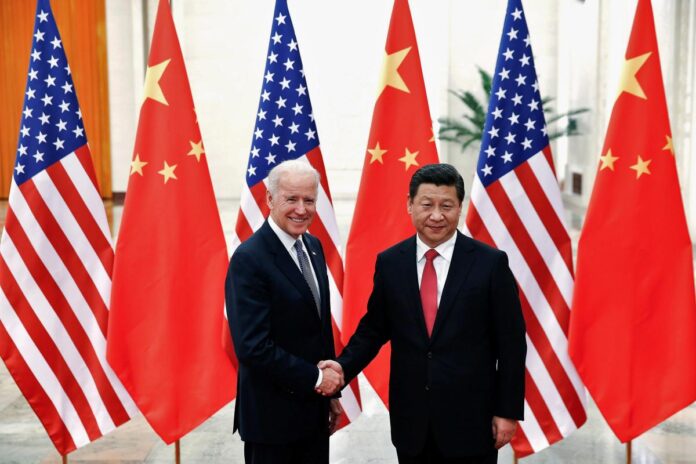Authors: Kurt M. Campbell and Rush Doshi
Affiliation: The Asia Group and The Yale Law School’s Paul Tsai China Center
Organization/Publisher: Foreign Affairs
Date/Place: December 3, 2020/USA
Type of Literature: Journal Article
Word Count: 1944
Keywords: Declinism, Historical Declinist Waves, The U.S.’ Global Standing, China’s Rise, and Global Primacy
Brief:
In this article, the authors respond to the voices arguing that what the US is witnessing now is an inevitable decline that ends its position as a global power, or what they call “Declinists/Declinism.” Declinism is a misguided fatalism, according to the authors, as it does not take into account the great advantages that the US still has (young demography, financial dominance, abundant resources, secure borders, strong alliances, innovative economics, etc.) in addition to the US’s extraordinary ability to self-correct, as Samuel Huntington put it. Also, the authors see that Declinists play an indispensable role in preventing what they expect to happen when they sound the alarm, thus contributing to pushing decision-makers to unify visions and initiate the process of self-correction as has happened throughout history. This is exactly what is happening today with China’s rise. This issue enjoys unanimity among American politicians despite the state of divided visions and intense political polarization that the country is witnessing now. Despite the current world transformations with the crisis of the US-led liberal international order, rapidly rising powers, as well as the US’ internal crises, the authors argue that Declinism is not new, as modern American history has known many declinist pessimistic waves. It was mainly influenced by the Europeans pessimistic and fatalistic writings, especially Spengler’s book “The Decline of the West.” The first wave coincided with the Great Depression in the 1930s, as the economic disaster raised Americans’ doubts about the country’s governance system, especially since countries such as Germany and Japan emerged from the crisis faster than the US did. Nevertheless, Roosevelt was able through “New Deal programs” to reshape the US economy and silence the declinist voices. In 1957, the Soviet Union launched its Sputnik satellite, which triggered a second wave of declinism. Also, the crises of the 1960’s and 1970s (such as Kennedy’s assassination, the Vietnam War, the collapse of the Bretton Woods system, an economic recession, and the impeachment of Nixon) brought a third pessimistic wave, especially as it coincided with remarkable global progress by the Soviets. However, the US was able to overcome it through adaptation and renewal, which it initiated in many areas. In return, defeat in Vietnam ended the draft, and the Soviet invasion of Afghanistan accelerated its collapse. But the voices of declinists did not die down at the time. In the eighties and early nineties, there was a fourth wave associated with industrial erosion, trade deficit, and growing inequality that the US experienced at the time. However, the United States succeeded in harnessing the information technology revolution and rose immediately as an unprecedented global superpower. The authors argue that the US is now going through its fifth wave of declinism since the 2008 financial crisis, which has accelerated during Trump’s presidency. They provide examples from the writings of Kissinger, Noah Smith, Michael Lind, etc., arguing that the problems such scholars talk about are real, but not specific to only the United States. As for their talks about the rise of China threatening the US’ global position, they ignore, according to the authors, the US advantages over China, as China is experiencing rapid demographic aging, a slowdown in growth, and a currency that is still far from competing with the US dollar. Moreover, declinists ignore the attractive power of the United States which attracts allies to support the liberal global order, immigrants to support American growth, and capital that maintains the dollar hegemony, as well as the liberal and human values that stem from American society and inspire the entire world. At the end of the article, the authors provide a set of recommendations to expel the specter of declinism, stressing that Biden does not believe in the declinist perspective at all. They also emphasize the existence of a current harmony between the two parties, urging for an urgent necessity for renewal and innovation, rethinking the state’s relationship with market forces, and confronting China’s greedy economic practices. Thus, the US must move to reverse the argumentative impression of its decline and begin to build solidarity and a common liberal civic identity that would make democracy work again, or what historian Jill Lepore describes as “the new Americanism.” What must be overcome is “the psychological feeling in the world that the United States has reached maturity,” as the authors argue, quoting John F. Kennedy.
By: Djallel Khechib, CIGA Senior Research Associate




